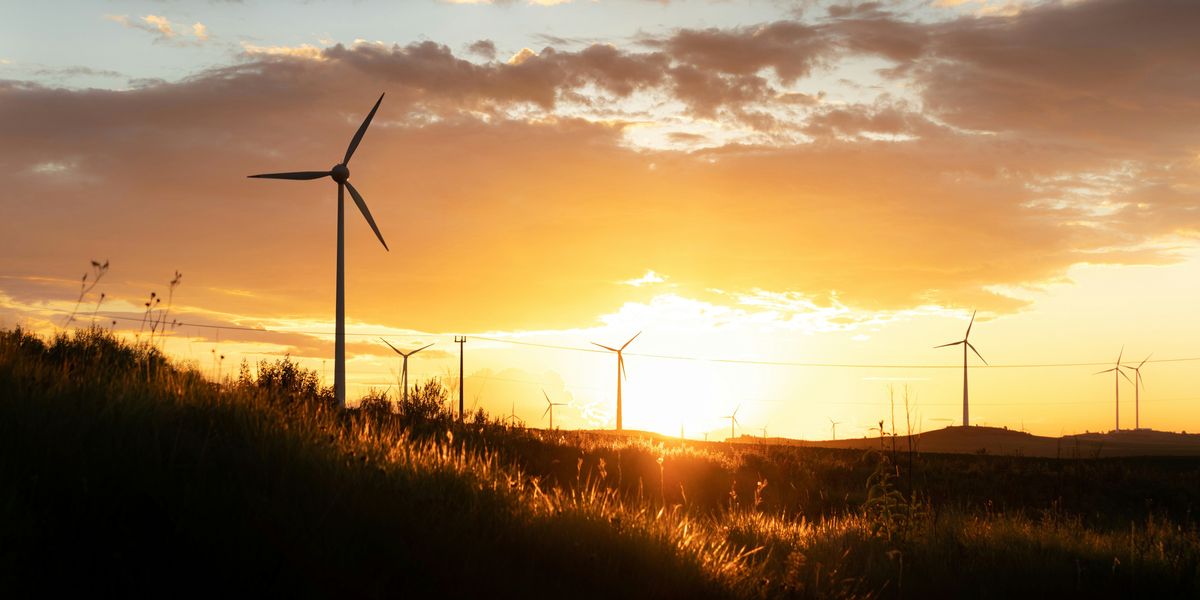
Public support for renewable energy drops as partisan divides and fossil fuel interests grow
Support for wind and solar energy in the U.S. has declined sharply over the past five years as fossil fuel backing has risen, reflecting deepening political polarization and culture war dynamics.
Pam Radtke reports for Floodlight.
In short:
- A new Pew Research Center survey shows that public support for wind and solar dropped from 79% in 2020 to 60% in 2025, while support for fossil fuel expansion nearly doubled.
- The shift is most pronounced among Republicans, but Democrats also show declining enthusiasm for renewables and growing interest in fossil fuels and nuclear energy.
- Messaging that frames clean technologies as climate solutions tends to alienate right-leaning voters; instead, advocates say economic and national security framing is more persuasive.
Key quote:
“Whenever electric cars are seen through a climate lens, their appeal narrows.”
— Mike Murphy, Republican consultant, EV supporter, and co-founder of the EV Politics Project
Why this matters:
Energy policy in the United States is increasingly shaped by political identity rather than scientific consensus or market realities. Renewable energy technologies like wind and solar have become entangled in ideological battles, despite their economic competitiveness and essential role in curbing greenhouse gas emissions. This politicization has opened the door for a resurgence in support for coal, oil, and gas — the leading contributors to climate change. Even as the costs of renewables fall and their potential to clean the air and reduce energy costs grows, partisan divides threaten progress. Meanwhile, fossil fuel production continues to release pollutants that harm public health, especially in low-income communities and communities of color.
Learn more: As Senate weighs wind and solar rollbacks, a look at how the GOP megabill threatens clean energy growth













